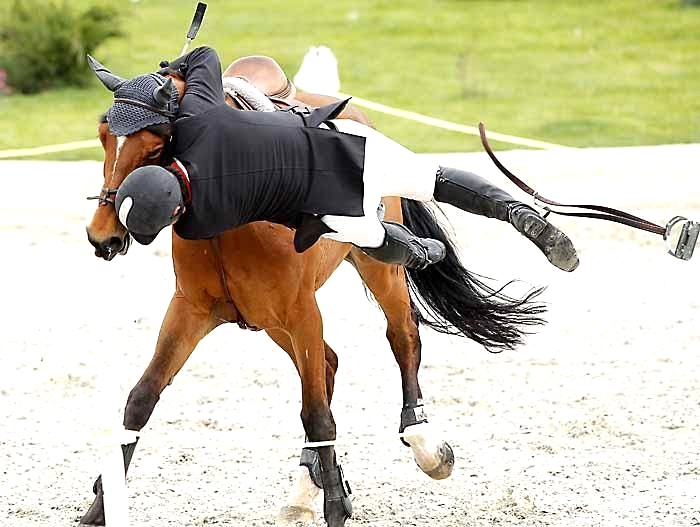Horse racing handicaps are used to determine the weight each horse must carry in a race and are used to create a more level playing field between different horses. Handicaps are calculated based on past performances, with the goal of having each horse achieve the same level of performance. This article will explain how handicaps are calculated and how they are used to create more competitive races.
What is a Handicap?
A handicap is a weight assigned to each horse in a race. The handicap weight is designed to adjust for different levels of ability between horses, creating a more even playing field and giving weaker horses a chance to compete. Handicaps are typically calculated based on past performances and can range from a few pounds to several stones.
How Are Handicaps Calculated?
Handicaps are calculated using a number of different factors, including the horse’s age, sex, and race distance. The weight assigned to each horse is based on its ability to perform in comparison to other horses in the same race. This means that a horse that has consistently performed well in the past will receive a higher handicap weight than one with a weaker record.
Handicaps are also calculated based on the horse’s racing record, the type of race being run, and the length of the race. For example, a horse that is considered to have better stamina and speed will receive a higher handicap weight than a horse that is considered to have weaker stamina and speed.
In addition, handicaps can also be adjusted based on the track the race is being run on. For example, a horse that has performed well on a particular track and in a particular race may receive a higher handicap weight than a horse that has performed poorly on that track.
How Do Handicaps Affect the Race?
Handicaps are used to create a more level playing field between horses of different abilities. This allows weaker horses to compete on an equal footing with stronger horses, allowing for more competitive races.
When a horse carries a higher handicap weight, it is expected to perform better than other horses of similar ability. This means that the horse with the higher handicap weight will be at an advantage over the other horses in the race.
The handicap weight also affects the odds of each horse winning the race. For example, a horse that has a higher handicap weight is likely to have better odds of winning than a horse with a lower handicap weight.
Conclusion
Horse racing handicaps are used to create a more level playing field between horses of different abilities. Handicaps are calculated based on a number of different factors, including the horse’s age, sex, and race distance. Handicaps are used to give weaker horses a better chance to compete and can also affect the odds of each horse winning the race.

